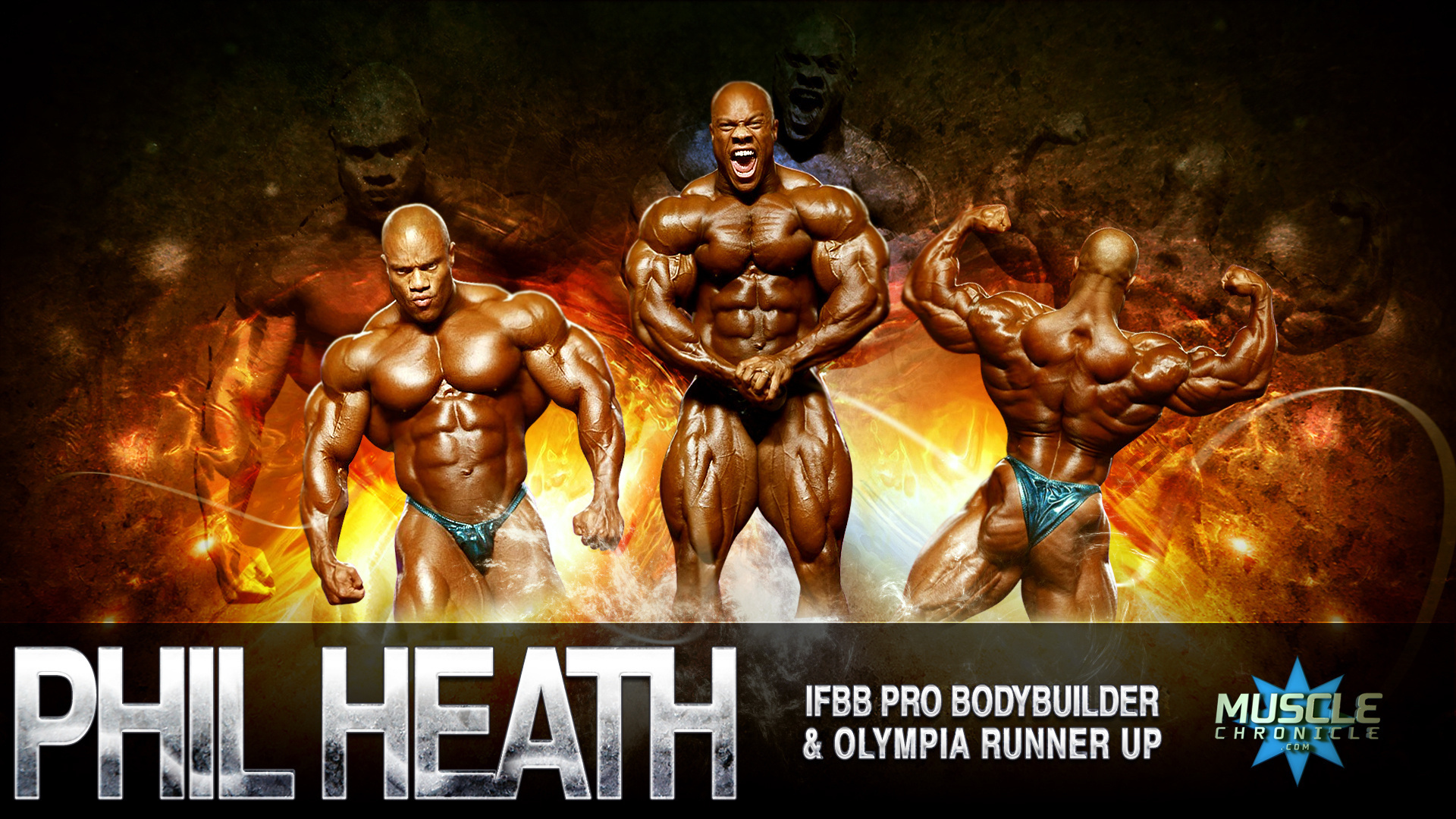Equine Muscle Building Supplements
Building Muscle in Horses: A Guide to Supplements, Feed, and Exercise
Horses come in all shapes and sizes, each with their own unique musculature and athletic capabilities. For some disciplines, particularly those requiring power, stamina, and agility, building muscle mass is a key consideration. While genetics play a role, a strategic approach to nutrition, exercise, and supplementation can support healthy muscle development in your equine companion.
**Supplements: A Helping Hand, Not a Magic Bullet**
Before diving into the world of supplements, remember they are just that supplements, not replacements for a balanced diet and proper training. Consult your veterinarian first to ensure any additions align with your horse's individual needs and potential medication interactions. Popular supplement ingredients for muscle building include:
* **Branched-Chain Amino Acids (BCAAs):** Leucine, Isoleucine, and Valine support muscle growth and repair.
* **Creatine:** Enhances energy storage and utilization within muscles.
* **Electrolytes:** Maintain hydration and proper muscle function.
* **Omega-3 Fatty Acids:** Reduce inflammation and aid in recovery.
* **Vitamins and Minerals:** Play various roles in overall health and muscle function.
**Feeding for Gains: Quality Over Quantity**
Muscle building in horses starts with a high-quality feed that meets their energy and nutrient requirements. Aim for a balanced diet rich in digestible fiber, essential fatty acids, vitamins, and minerals. Consider:
* **Forage:** Grass hay provides essential fiber and nutrients. Opt for high-quality hay based on your horse's age, activity level, and climate.
* **Concentrates:** Grains and commercially prepared feeds can provide additional energy and protein. Choose options formulated for your horse's specific needs and avoid excessive starch levels.
**Protein Power: Choose Wisely**
Protein is crucial for muscle development, but quality matters more than quantity. Focus on digestible protein sources like alfalfa hay, soybean meal, and rice bran. Avoid excess crude protein, which can contribute to health issues. Remember, even horses at rest require protein for basic bodily functions.
**Building Muscle Through Exercise:** The Key Ingredient
Supplements and feed play a supporting role, but true muscle development comes from targeted exercise. Gradually increase workload, incorporating activities that engage specific muscle groups like hill work, interval training, and resistance exercises. Always prioritize proper warm-up and cool-down to prevent injury.
**The Myth of Muscle and Protein-Free Horses:**
Horses naturally acquire muscle through movement and grazing. However, the demands of certain disciplines or specific health conditions may necessitate additional support. Remember, a balanced approach that considers individual needs and combines proper feeding, exercise, and targeted supplementation will set your horse on the path to achieving its full potential.
**Disclaimer:** This blog post is for informational purposes only and does not constitute professional veterinary advice. Always consult your veterinarian for personalized recommendations regarding your horse's health and nutritional needs.

.png)
.png)

.png)
.png)

.png)


.png)


.png)




.png)



0 Comments